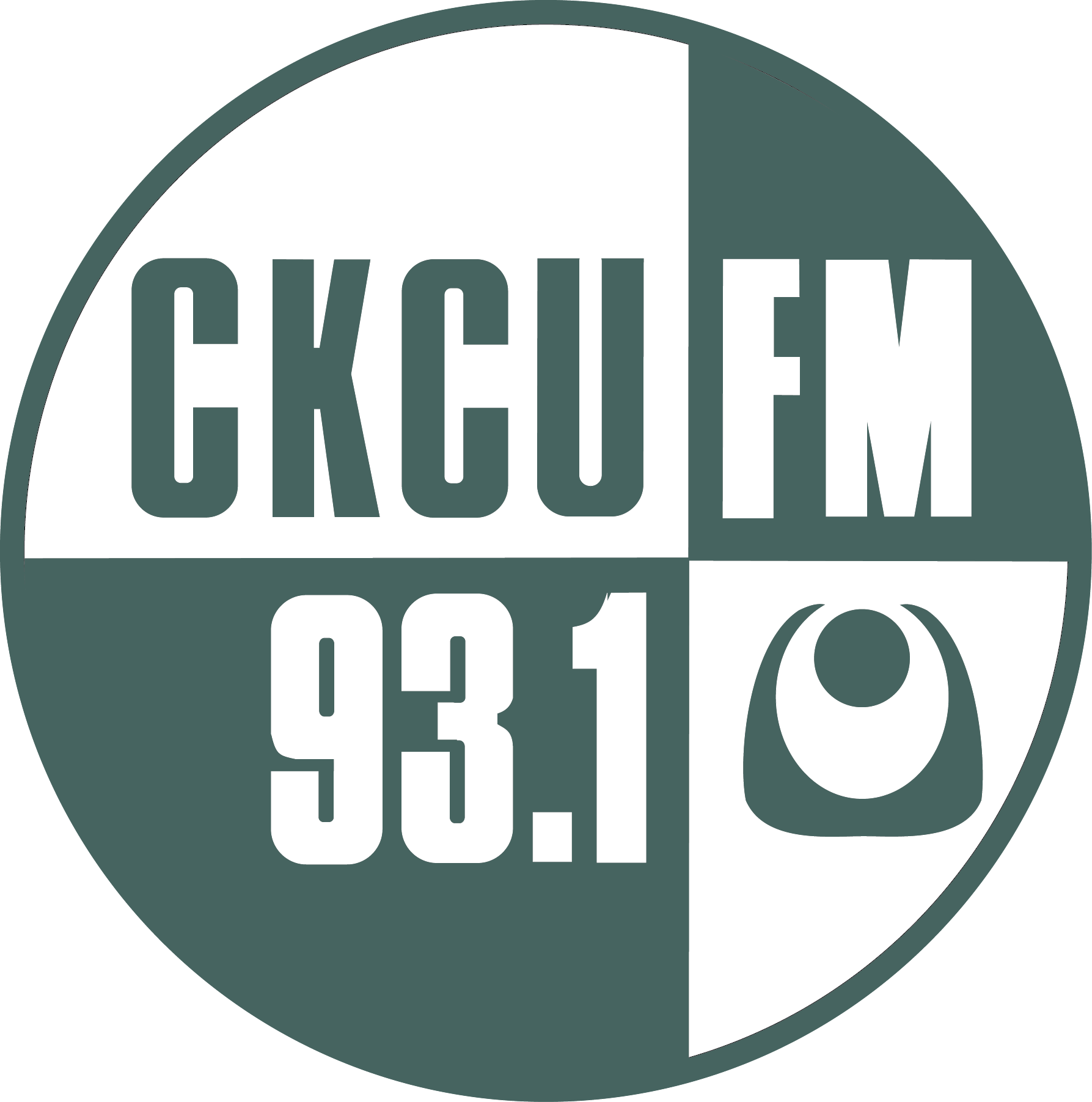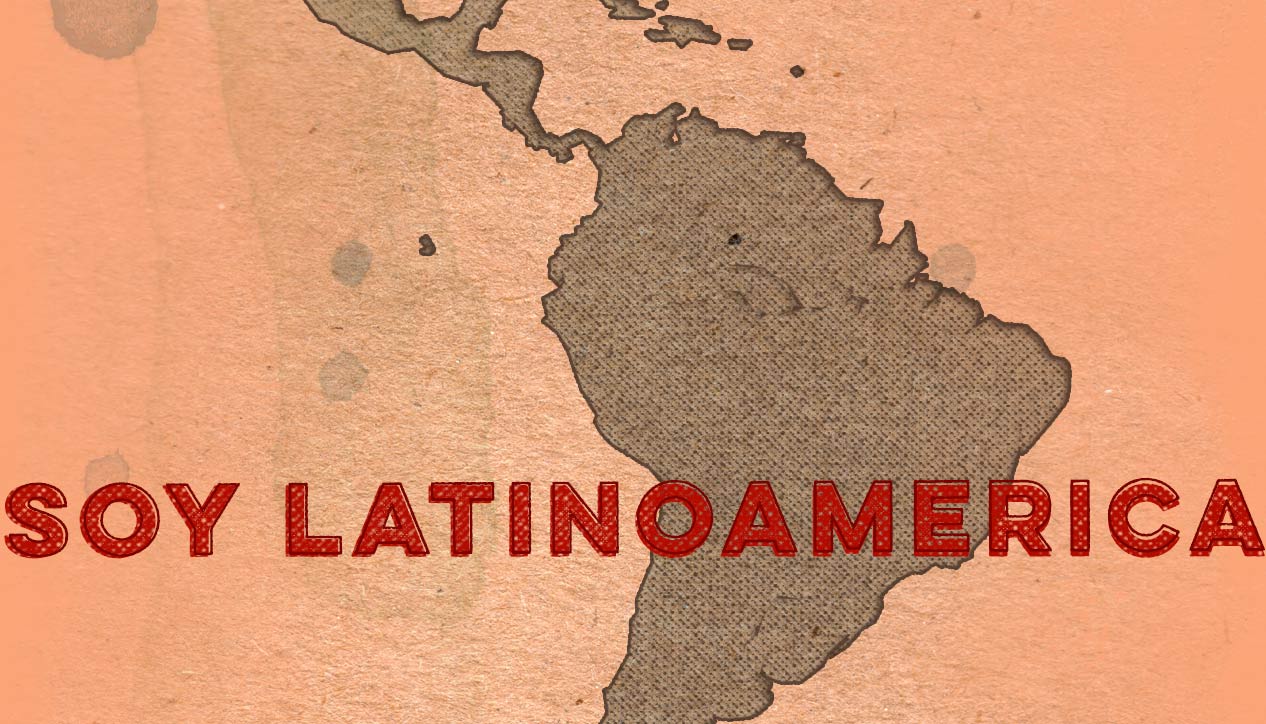The Paralympic Summer Games are the second largest sporting event in the world today, the first largest being the Olympic Games. In a relatively short time, the Paralympic Winter Games has established itself as a major event on the Olympic calendar. The winter event made its debut in 1976 in Ornskoldsvik, Sweden - but the concept is much older.
The Paralympic Games had their humble beginnings just over fifty years ago, in Stoke Mandeville Hospital in Aylesbury, England. The earliest beginnings of the creation of athletic Games for people with disabilities can be traced back to World War II and the efforts of a doctor from England named Ludwig Guttmann. Known as the “Father of Sport for People with Disabilities,” Dr. Guttmann was a strong advocate of using sports therapy to enhance the quality of life for people who were injured or wounded during World War II.
Dr. Guttmann organized the 1948 International Wheelchair Games to coincide with the 1948 London Olympics. His dream was of a worldwide sports competition for people with disabilities to be held every four years as “the equivalent of the Olympic Games.” Twelve years later, his dream became a reality.
The first Paralympic Games were held in Rome, Italy, in 1960 and involved 400 athletes from 23 countries. Originally, only wheelchair athletes were invited to compete. Since that time, the Paralympic Games have grown dramatically. The present-day Paralympic Games include five major classifications of athletes: persons with visual impairments, persons with physical disabilities, amputee athletes, people with cerebral palsy, people with spinal cord injuries and Les Autres - athletes with a physical disability that are not included in the categories mentioned above (e.g., people with Muscular Dystrophy).
The Paralympics are held in two seasons: summer and winter. Athletes with disabilities have been competing in the Winter Games since 1976. Sweden hosted the first Winter Games, which included 12 countries competing in Alpine and Cross-Country Skiing events. Initially the Paralympic and Olympic Games were implemented at different times, but in 1992 the approach was modified. Now the Paralympic and Olympic Games are held within two weeks of each other using the same venues and the same organising committee.
Sir Ludwig Guttmann died in 1980, but his vision of sport for athletes with disabilities continues today. Clearly the value of sport in the lives of athletes with disabilities extends far beyond its rehabilitative benefits. Sportsmanship, camaraderie and an active lifestyle are other important benefits. The athletic talents of competitors with disabilities are becoming recognized worldwide, just as Dr. Guttmann intended. The skill and talent of high-performance athletics and competition are evident in the performance of today’s Paralympians from all nations.
http://paralympic.ca/paralympic-games
| Frevo Ulisses Rocha (Brazil) - Contemporary Instrumental Music from Brazil - Background |
| Aquele frevo Axe Gal Costa (Brazil) - Acoustic Brazil |
| A voz do povo Paulinho da viola - Acoustic Brazil |
| Assanhado No em pingo D'agua (Brazil) - Contemporary Instrumental Music from Brazil - Background |
| Patu Aquarela carioca (Brazil) - Contemporary Instrumental Music from Brazil - Background |
| Samba triste Anna de Hollanda (Brazil) - Acoustic Brazil |
| Ciranda Marcio Faraco (Brazil) - Acoustic Brazil |
| Peregrino Nando Carneiro (Brazil) - Contemporary Instrumental Music from Brazil - Background |
| Un trem para Uberaba Torcuato Mariano (Brazil) - Contemporary Instrumental Music from Brazil - Background |
| Meu mundo e hoje (eu sou assim) Teresa Cristina (Brazil) - Acoustic Brazil |
| Quando eu for eu vou sem pena Chico Buarque (Brazil) - Acoustic Brazil |
| A voz no telefone Ulisses Rocha (Brazil) - Contemporary Instrumental Music from Brazil - Background |
| Camino de Ituverava (setembro) Gilson Peranzzetta & Mauro Senise - Contemporary Instrumental Music from Brazil - Background |
| Tem quem queira Rita Ribeiro (Brazil) - Acoustic Brazil |
| Cajuina Caetano Veloso (Brazil) - Acoustic Brazil |
| Moro na roca Monica Salmaso (Brazil) - Acoustic Brazil |
| Takurina Degas/Salazar (Brazil) - Contemporary Instrumental Music from Brazil - Background |
| Moro na roca Monica Salmaso (Brazil) - Acoustic Brazil |
| Mesagem de amor Lucas Santana (Brazil) - Acoustic Brazil |
| Labios de Cetim Glaucia Nasser (Brazil) - Acoustic Brazil |


 Subscribe to Soy Latinoamerica
Subscribe to Soy Latinoamerica
Bienvenid@s; winkápew, nitáp; welcome.
2:21 PM, September 12th, 2016